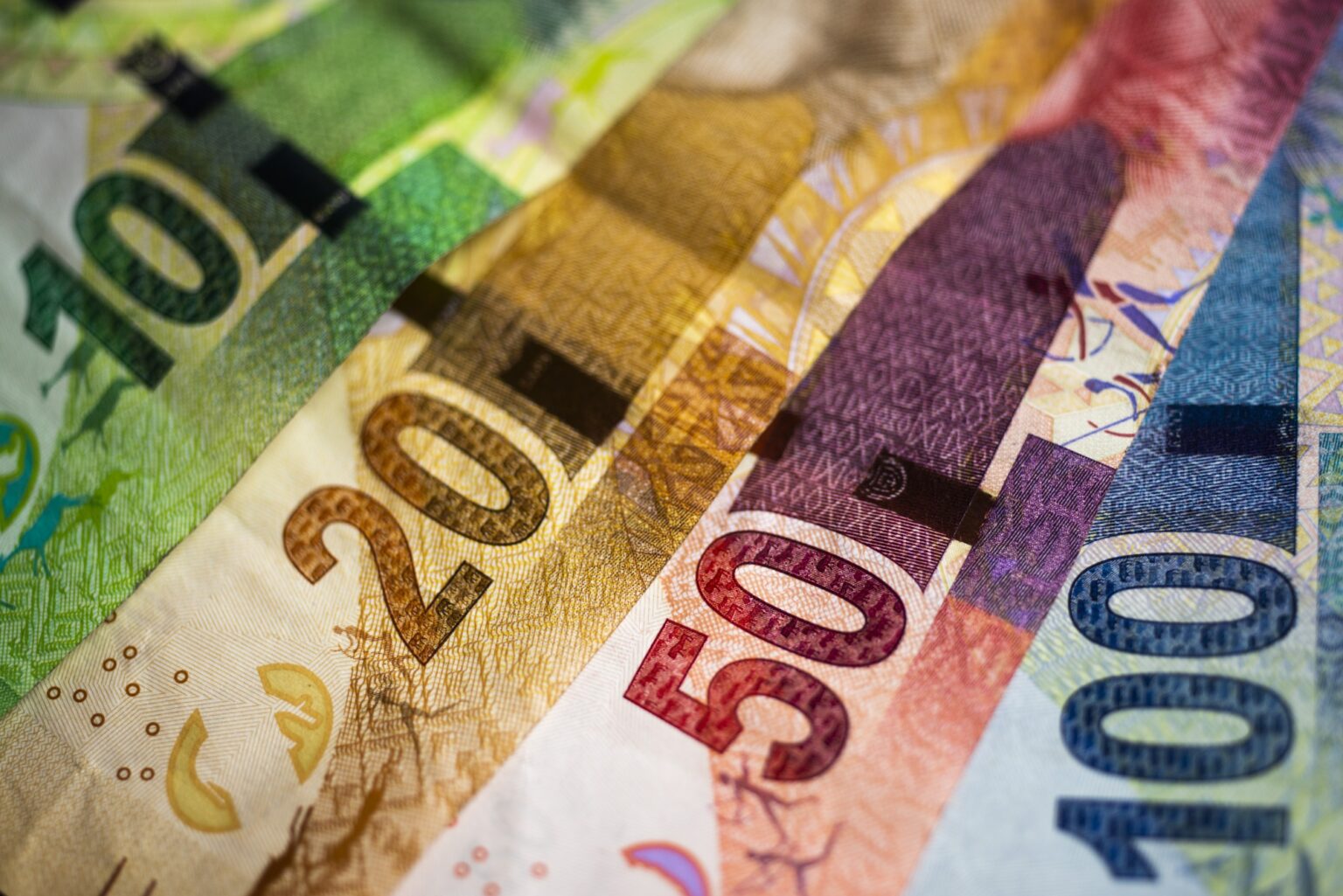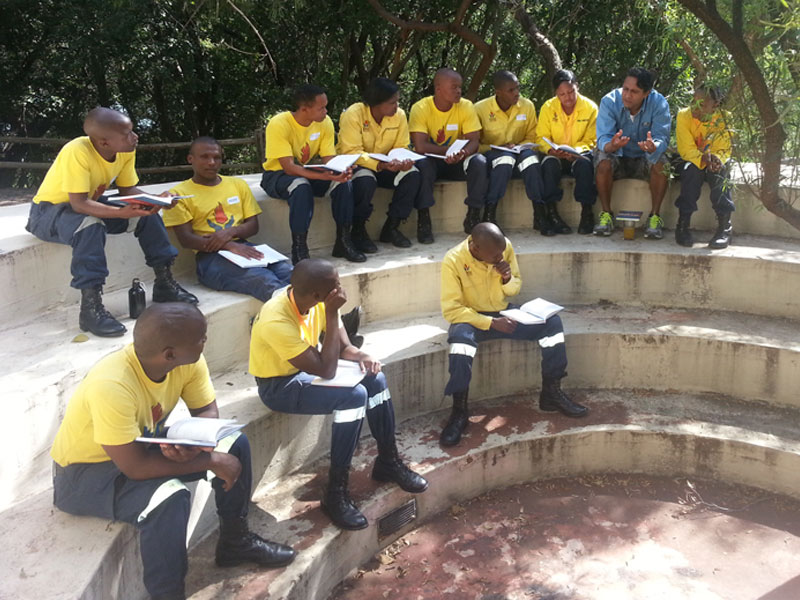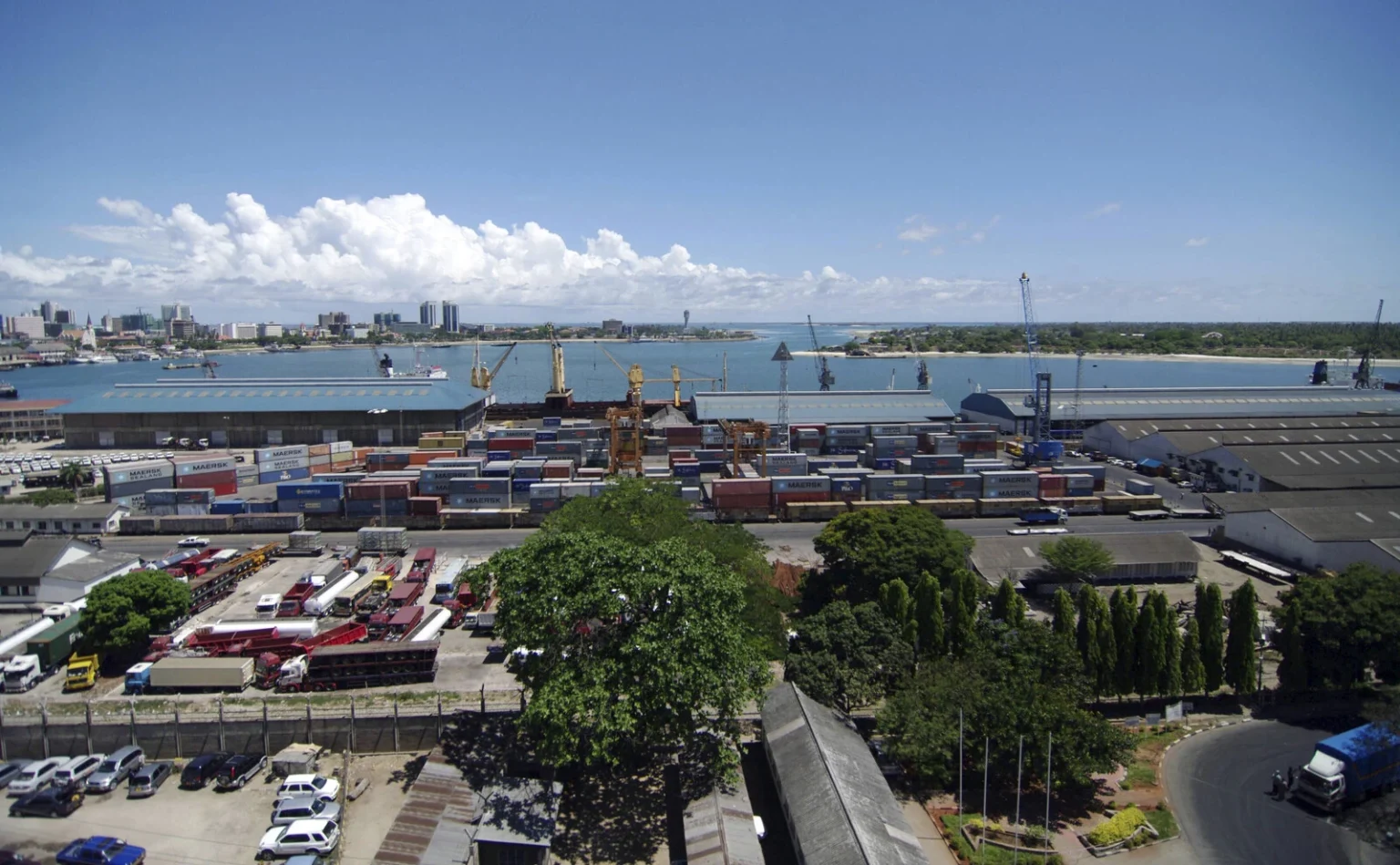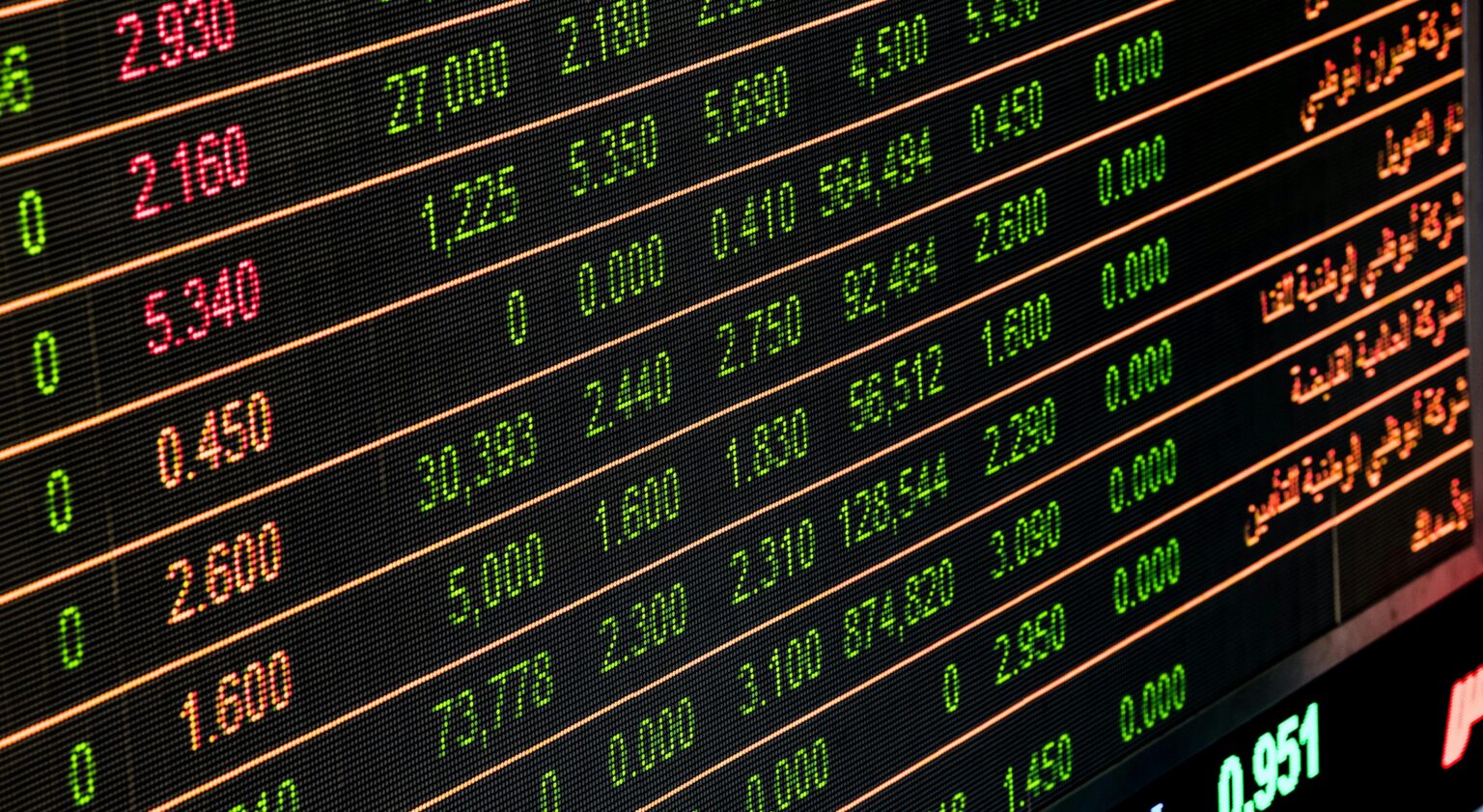- Africa’s new dawn: the rising role of digital and AI in agriculture
- Can Dangote Refinery Transform Africa Energy Ambition
- Gallup Survey: 80 per cent of Kenyan Workers Are Disengaged and Seek New Opportunities
- Madagascar Man Freed from 5KG Tumor After 15-Year Struggle
- How women in Africa are perceived and treated
- Sugar consumption in Kenya to Increase to 1.23 Million Tonnes
- Can Somalia and Turkey Oil deal Bring Change in Somaliland
- Remittances to Kenya dropped to $371.6 million in June, marking a six month low
Author: The Exchange
- We provide economic news and analysis on the investment arena in Africa, with a particular interest in doing business. Our key areas of focus include banking, capital markets, energy, mining, manufacturing and industrial development.
- Position trading is a long-term strategy in which a trader’s holding timeframe is pretty extensive, going to the extent of sometimes lasting for months up to a few years.
- When compared to day trading, its swing trades have features of short-term fluctuations in the market.
- Modern trading platforms, like Exness, provide advanced tools and resources for position traders.
Buying and selling of stocks incorporate many strategies for varying risk appetites and time frames. One of them is position trading: a long-term strategy of trading with the view of deriving gains from the major trends. In this article, we shall look at the intricacies of position trading in stock trading including its benefits, challenges and effective techniques associated with it.
What is Position Trading in Stock Trading?
Position trading is a long-term strategy in which a trader’s holding timeframe is pretty extensive, going to the extent of sometimes lasting for …
- USD/ZAR pair is one of the most closely followed forex pairs in the country and FX traders will be wondering how to take advantage of the changing performance of the pair over time.
- Traders in the country pay close attention to the pair’s performance and seek to take advantage of major short-term and long-term price fluctuations.
- For this reason, the use of technical indicators, and often a combination of a few indicators, can help traders more accurately gauge the direction of the price of the pair.
Forex trading has long been a popular method of accumulating and safeguarding wealth in South Africa. However, the underlying economic issues of the economy have adversely affected the performance of its currency, the South African rand (ZAR).
The USD/ZAR pair is one of the most closely followed forex pairs in the country and FX traders will be wondering how to take advantage of the …
- The transformative potential of the Heaven on Earth Program utilizes self-reprogramming techniques to achieve inner peace, happiness, and financial abundance through mental and spiritual practices.
- Supported by scientific research and universal wisdom, the program emphasizes brain synchronization, meditation, and manifesting desires to foster mental clarity, emotional stability, and overall well-being.
- By integrating these holistic practices, individuals can reprogram their minds to create a state of ‘heaven on earth,’ enhancing their happiness, wealth, and life performance.
Is it possible for individuals to achieve a state akin to heaven on Earth through the Heaven on Earth Program? This question lies at the heart of a profound exploration into the transformative potential of self-reprogramming to elevate happiness and wealth. In this article, we delve into compelling research findings to deepen comprehension and endeavour to provide insights into this intriguing inquiry.
The concept of the “Guide to Heaven on Earth Living,” as posited …
- Al Shezawi, President of AIM Global Foundation, asks entrepreneurs to seize promising investment opportunities between the Gulf countries and African nations.
- Al Shezwi who is also President AIM Congress says these collaborations will be through enhancing joint work and establishing economic partnerships.
- Also discussed in Bahrain was best practices and experiences from Africa and the Arab region on how to stimulate and unleash entrepreneurship, joint investments, and trade.
The AIM Global Foundation has called for enhanced trade partnership between the Gulf nations and Africa during the fifth edition of the 2024 World Entrepreneurs Investment Forum in Bahrain.
This call comes at a time when the AIM Global Foundation is increasingly engaging the world’s entrepreneurs, urging enhanced international cooperation by formulating and developing effective promotion strategies and opening new horizons for viable investments.
Overall, the AIM Global Foundation seeks to anticipate the future, support sustainable investment partnerships and initiatives, and create …
- Within the financial history of Africa, the last 10 years have witnessed a notable surge in the acceptance of Forex CFD trading.
- Technological advancements have become the unsung stars of the Forex CFD trading story in Africa.
- If you wish to get started with Forex CFD trading in Africa – you need a trusted broker with a reputable trading app.
Within the huge financial spectacle, Forex CFD trading is a gripping protagonist that draws traders into its complicated storylines of profit and risk, all set against the dramatic backdrop of a Shakespearean tragedy. With 2024 drawing to a close, it is wise for us to examine critically the story of Forex CFD trading in Africa. Like a rollercoaster journey over the wild landscape of the stock market, each turn offers a unique combination of opportunity and difficulty.
The Rise of Forex CFD Trading in Africa
Within the financial history …
- His Highness Sheikh Saud bin Saqr Al Qasimi tells delegates to the 2024 Congress in Abu Dhabi: “development can, and should, be reciprocal”
- The Ruler of Ras Al Khaimah, as Guest of Honor, told delegates how the UAE has demonstrated that: “when wisdom and a sense of duty meet vision and hard work, anything is possible”
The United Arab Emirates (UAE) has demonstrated that when wisdom and a sense of duty meet vision and hard work, anything is possible. These were the words of His Highness Sheikh Saud bin Saqr Al Qasimi, UAE Supreme Council Member and Ruler of Ras Al Khaimah, as he delivered the keynote address at the opening of the 13th edition of the AIM Congress on May 7th in Abu Dhabi.
The opening ceremony saw the participation of His Excellency Andry Rajoelina, President of the Republic of Madagascar; His Highness Sheikh Mohammed bin Saud Al Qasimi, …
- AIM Congress 2024 aims to facilitate economic opportunities and foster mutually beneficial international economic relations.
- The congress provides a platform to engage with global leaders, explore investment trends, and forge meaningful B2B and B2C partnerships.
- The Future Finance Forum Track at AIM Congress 2024 will explore the use of cutting-edge technologies such as blockchain, AI, fintechs, and digital currencies.
The AIM Congress, under the leadership of Dawood Al Shezawi, President of AIM Global Foundation, stands poised to host an unprecedented global gathering from May 7th to 9th. This event promises to assemble an extraordinary array of leaders, including over 25 government ministers, 45 city mayors, and 12 central bank governors, reflecting its vast international appeal and strategic importance.
With more than 900 speakers and 450 dialogue sessions scheduled, the congress aims to foster comprehensive dialogue and networking among the most influential figures across various sectors worldwide.
The sheer scale and …
- In 2024, diversification of your crypto portfolio remains a fundamental principle for managing risk and maximizing returns.
- Understanding how to build an optimal investment portfolio and monitor its effectiveness is crucial for both experienced investors and newcomers.
- A well-diversified crypto portfolio typically includes a mix of traditional and alternative assets such as stocks, crypto assets, real estate and cash.
Diversification in the crypto world is not just a smart move; it’s a necessity. As the digital currency market evolves rapidly, its risks multiply. Understanding how to build an optimal investment portfolio and monitor its effectiveness is crucial for both experienced investors and newcomers. Here’s a guide to crafting a well-balanced crypto portfolio in 2024.
Diversification in the Crypto World
In today’s dynamic financial environment, investing in cryptocurrencies offers enticing opportunities but also carries inherent risks. Diversification, a fundamental concept in risk management, plays a pivotal role in safeguarding investments against …
- A key component of successful cryptocurrency investment is utilizing cryptocurrency exchanges effectively.
- The USDT/SOL exchange pair refers to the trading of Tether (USDT) against Solana (SOL) on a cryptocurrency exchange.
- Solana, on the other hand, is a blockchain platform designed for decentralized applications and crypto-native projects.
Cryptocurrency investments have gained significant popularity in recent years, providing individuals with opportunities to grow their capital in the digital asset space. One of the key components of successful cryptocurrency investment is utilizing cryptocurrency exchanges effectively. In this blog, we will explore the concept of using exchanges to grow your capital, with a specific focus on the USDT/SOL exchange pair.
What is the USDT/SOL exchange pair?
The USDT/SOL exchange pair refers to the trading of Tether (USDT) against Solana (SOL) on a cryptocurrency exchange. Tether is a stablecoin pegged to the value of the US dollar, providing investors with a stable and reliable cryptocurrency …
Iowa State Football Uniforms
johnny manziel jersey
fsu football jersey
ohio state jersey
49ers jersey
johnny manziel jersey
micah parsons jersey
Ohio State Team Jersey
johnny manziel jersey
custom made football jerseys
Ohio State Team Jersey
johnny manziel jersey
Ohio State Team Jersey
custom made football jerseys
- Cross-border commerce brings forth many advantages that extend far beyond mere economic enrichment.
- These advantages encompass various facets of societal development, from economic growth to cultural exchange and regional integration.
- At its core, cross-border commerce catalyzes economic prosperity, unlocking new markets and investment opportunities.
Cross-border commerce is reshaping Pan-African trade networks, offering new avenues for economic growth and regional integration.
This article explores the evolution of these networks, the key players involved, the advantages of cross-border commerce, the challenges faced, and the opportunities for further growth.
The Evolution of Pan-African Trade
Historical Roots
Trade has been a cornerstone of African …














